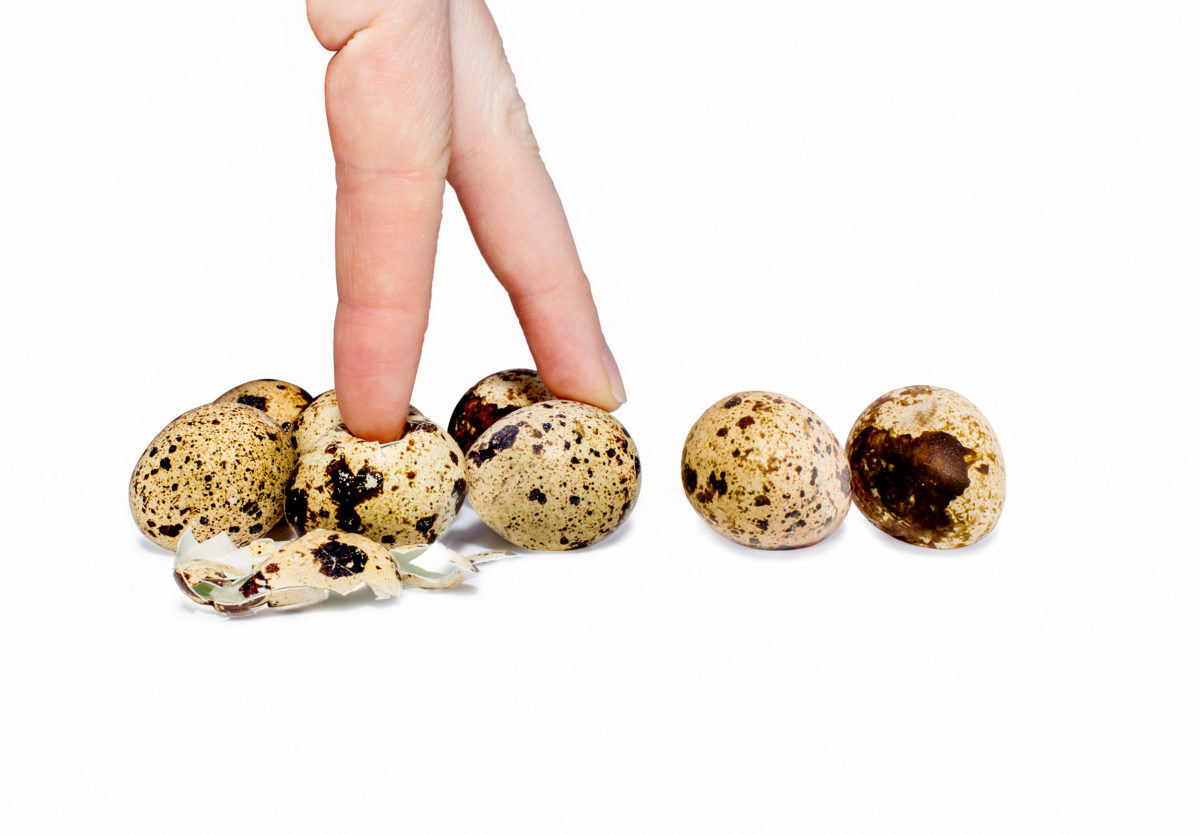When the Narcissist Becomes Dangerous

Recently at a dinner party, talk turned to the current news story about Bill Cosby. As the only psychologist at the table, everyone looked at me as one person asked with intense curiosity, “How could anyone victimize women all those years, and still live with himself? How could you sleep at night?”
Since I don’t know Bill Cosby, I can’t speak for him; nor do I know if he is guilty of the accusations against him or not. But generally, in an actual situation like this, there is an answer to the question. The answer is one word: narcissism.
In many ways, it seems like it would be fun to be narcissistic. Wouldn’t it be great to go through life feeling superior to other people, and with unwavering self-confidence? Yes!
But as we all know, there is a dark side to narcissism. That unwavering self-confidence is as brittle as an eggshell. Narcissists don’t move back and forth on a continuum of self-esteem as the rest of us do. Instead, they run on full-tilt until something taps that protective shell of self-importance hard enough. Then, they fall into a million pieces. Under that fragile, brittle cover lies a hidden pool of insecurity and pain. Deep down, the narcissist’s deepest and most powerful fear is that he is a nothing.
With his brash, self-centered ways, the narcissist can hurt the people around him emotionally, and often. His deepest fear is of being exposed as “a nothing.” So he will protect his own fragile shell above all else, even if it sometimes emotionally harms the people he loves the most.
Why is the narcissist in such fear of being a nothing? Because she was raised by parents who responded to her on a superficial level, lauding or even worshiping certain aspects of her which they valued, while completely ignoring or actively invalidating her true self, including her emotions. So most narcissists grew up essentially over-valued on one level, and ignored and invalidated on another (Childhood Emotional Neglect – CEN). CEN on its own does not cause narcissism, but combined with other essential ingredients, it plays a part.
Some narcissists need to do more than just protect their shell. Their need to be special is so great that they also need to feed it with accolades, acknowledgment, or their own personal version of specialness.
This is when narcissism becomes dangerous.
There are four characteristics of the narcissist which can work together to make him a danger. They are:
- The need to protect his inflated sense of self can make him desperate.
- The need to feed his sense of specialness can drive him to violate others’ boundaries.
- Lack of empathy for others can make him incapable of seeing when he hurts others.
- His belief that he is special can make it easy for him to rationalize his actions.
Most narcissists do not pose any real danger to the people around them (except perhaps emotionally). The risk comes from #2. What’s his Special Ingredient? What does the narcissist need to feed his specialness?
Does he need to have a “special relationship” with young boys, like Jerry Sandusky (severe boundary violations)? Does he need to be seen as a mentor to Olympic wrestlers like John DuPont, as portrayed in The Foxcatcher (exploitation)?
What does the narcissist need to feed his specialness, to what lengths will he go to get it, and is his specialness extreme enough to enable him to rationalize his behavior? Those are the factors which determine a narcissistic person’s potential dangerousness.
Jerry Sandusky said that he felt his special relationship with boys was helpful to the boys. John DuPont appeared to rationalize that his money and privilege would make his minions better wrestlers.
If you have a narcissist in your life: a parent, sibling, friend, spouse, or ex, it is possible to manage the relationship in a healthy way. Your best approach is to walk a figurative tightrope. Have empathy for the pool of pain that lies beneath the surface of your narcissist’s blustery shell. Understand that he or she is protecting herself from the hurt that she experienced in childhood. But at the same time, it is vital to protect yourself as well. Keep your boundaries intact.
Do not let your compassion make you vulnerable.
To learn more about the effects of emotional invalidation in childhood, see the book Running on Empty: Overcome Your Childhood Emotional Neglect.
This article was originally published on Psychcentral.com and has been republished here with the permission of the author and PsychCentral.
